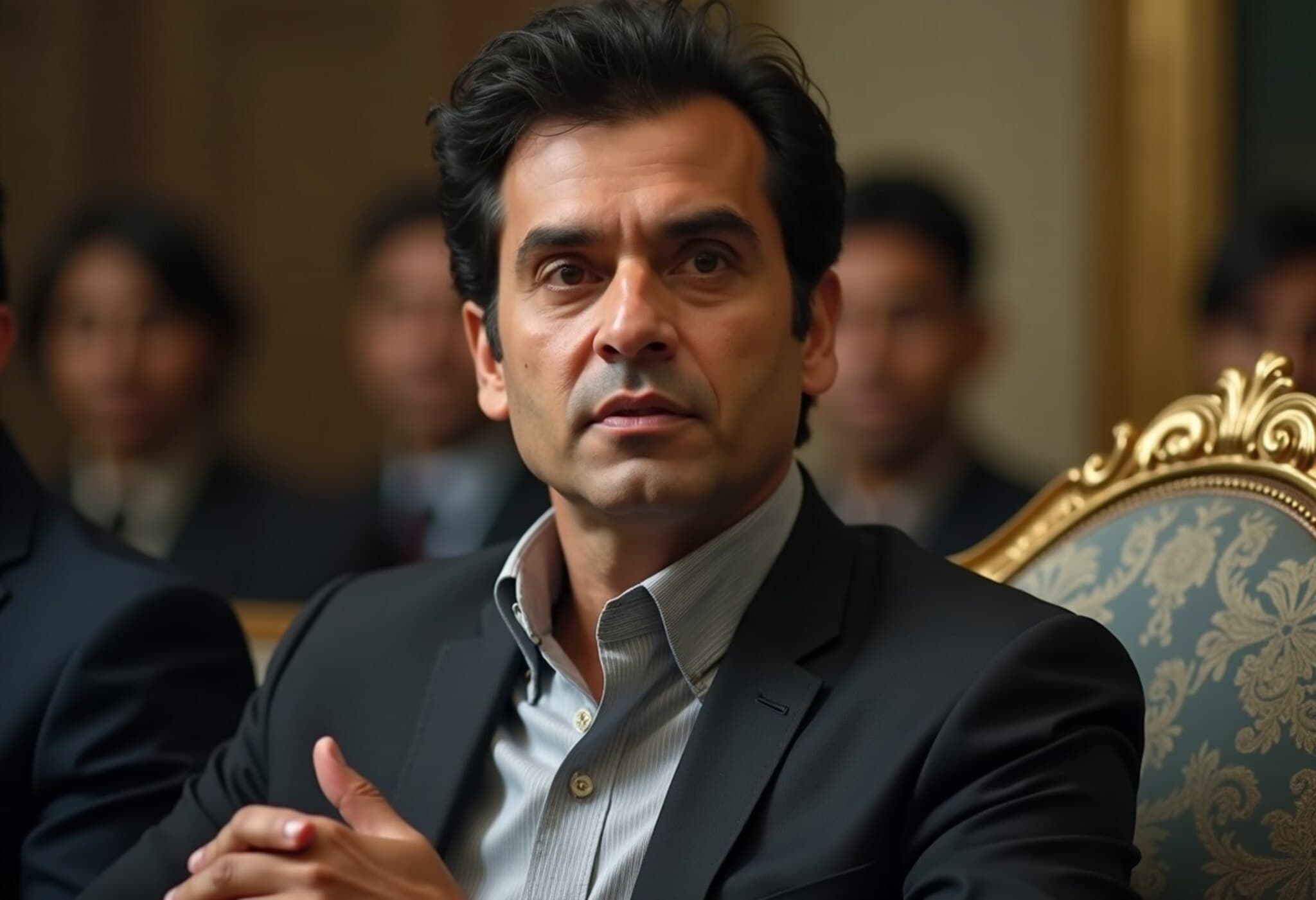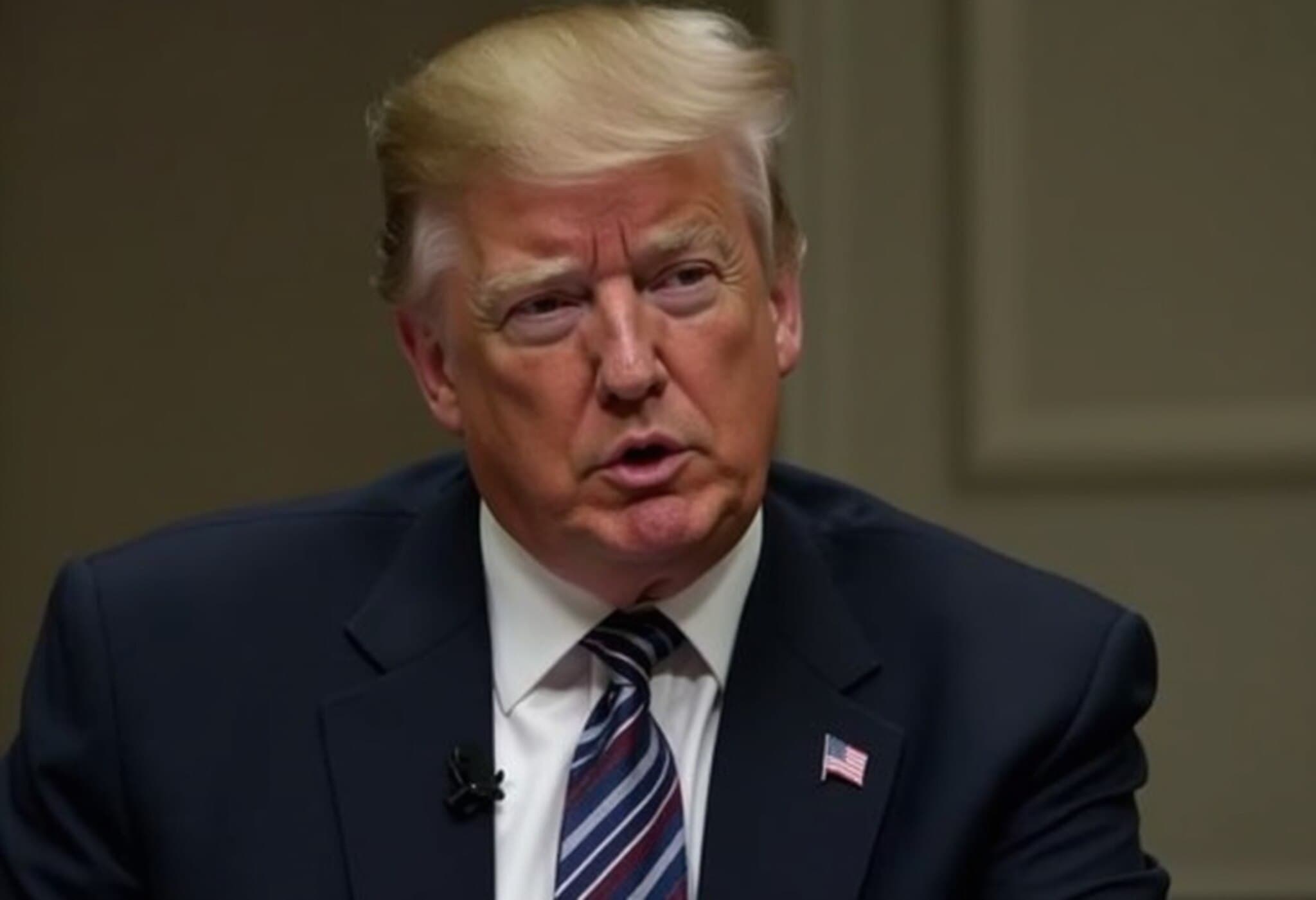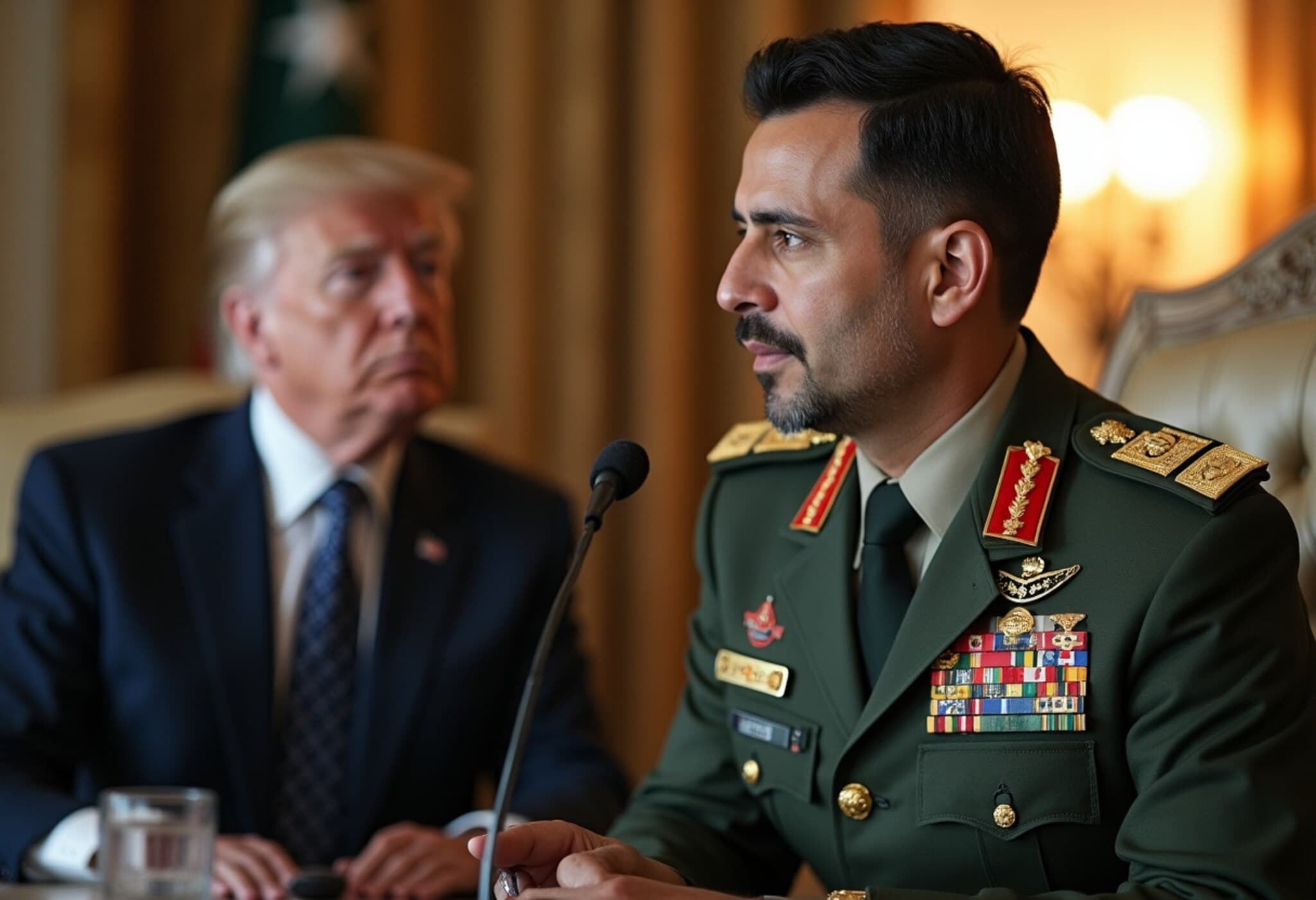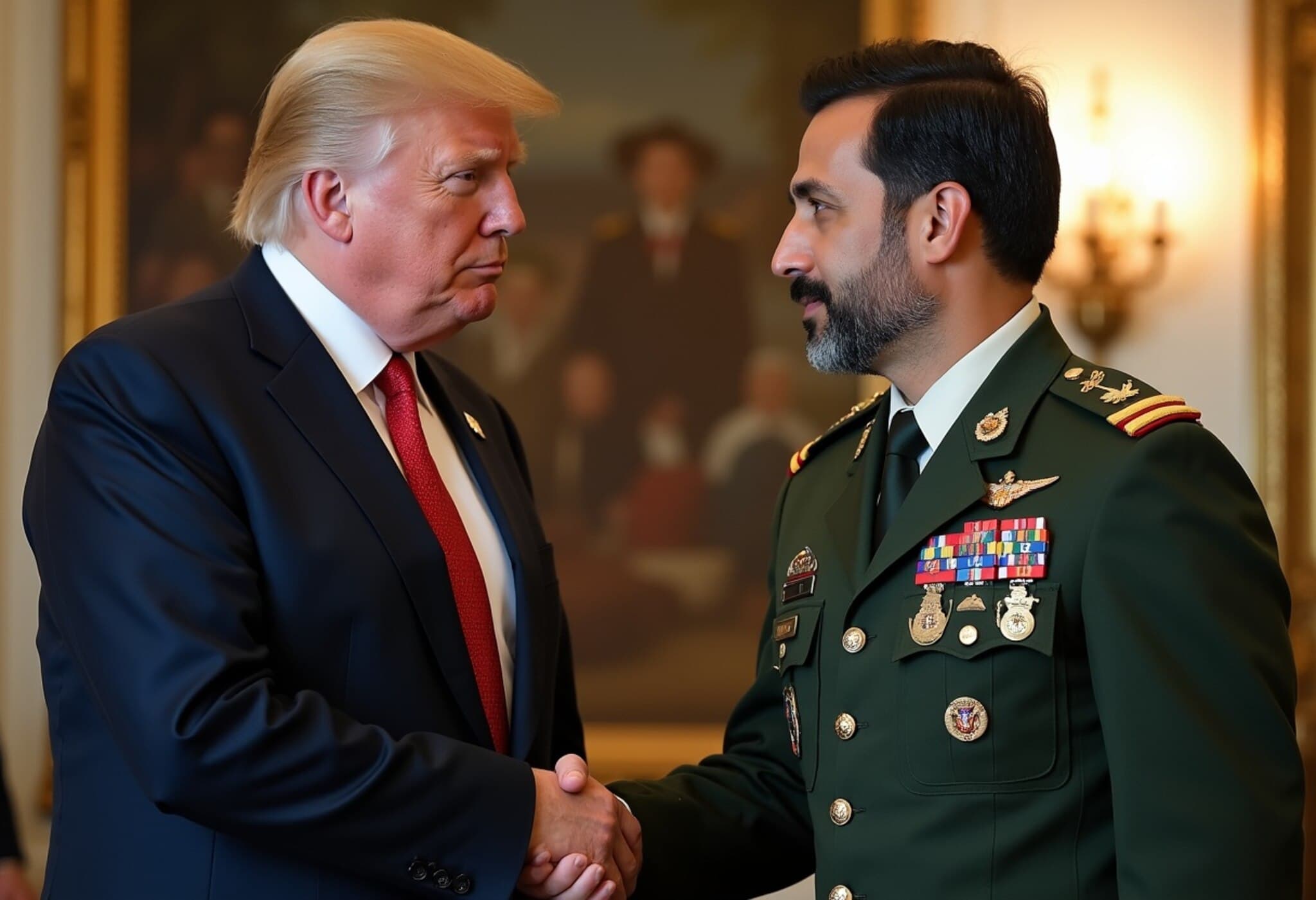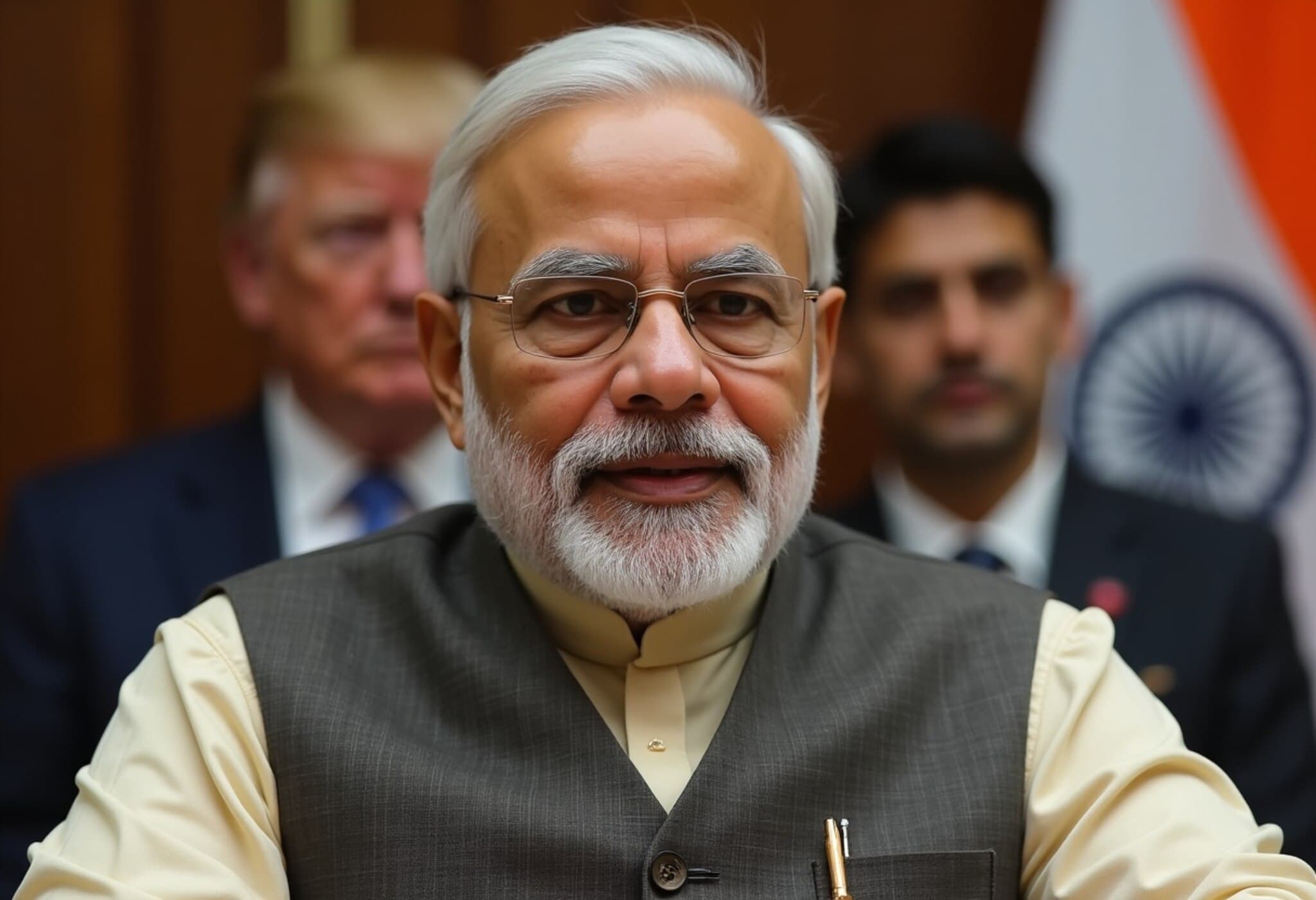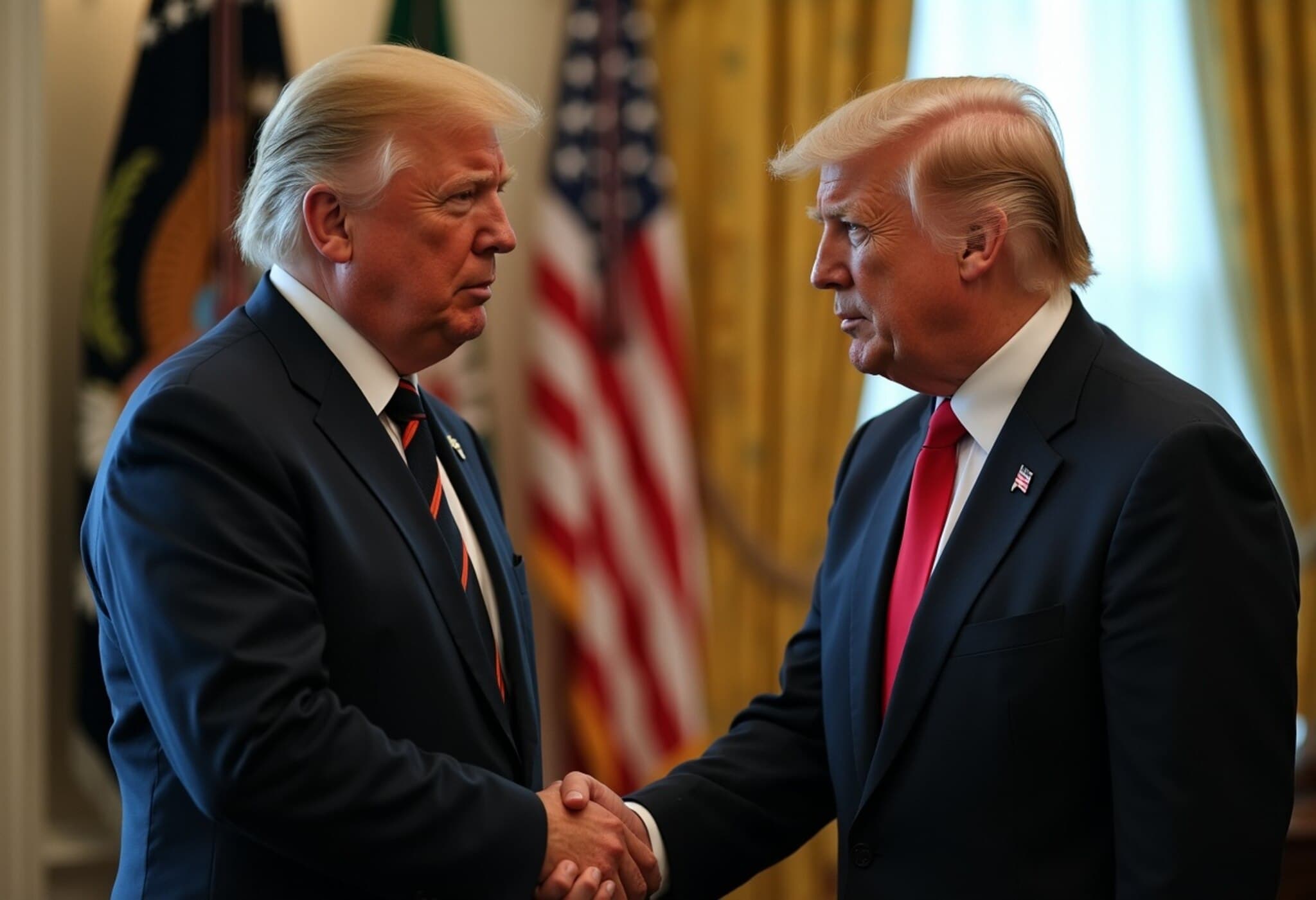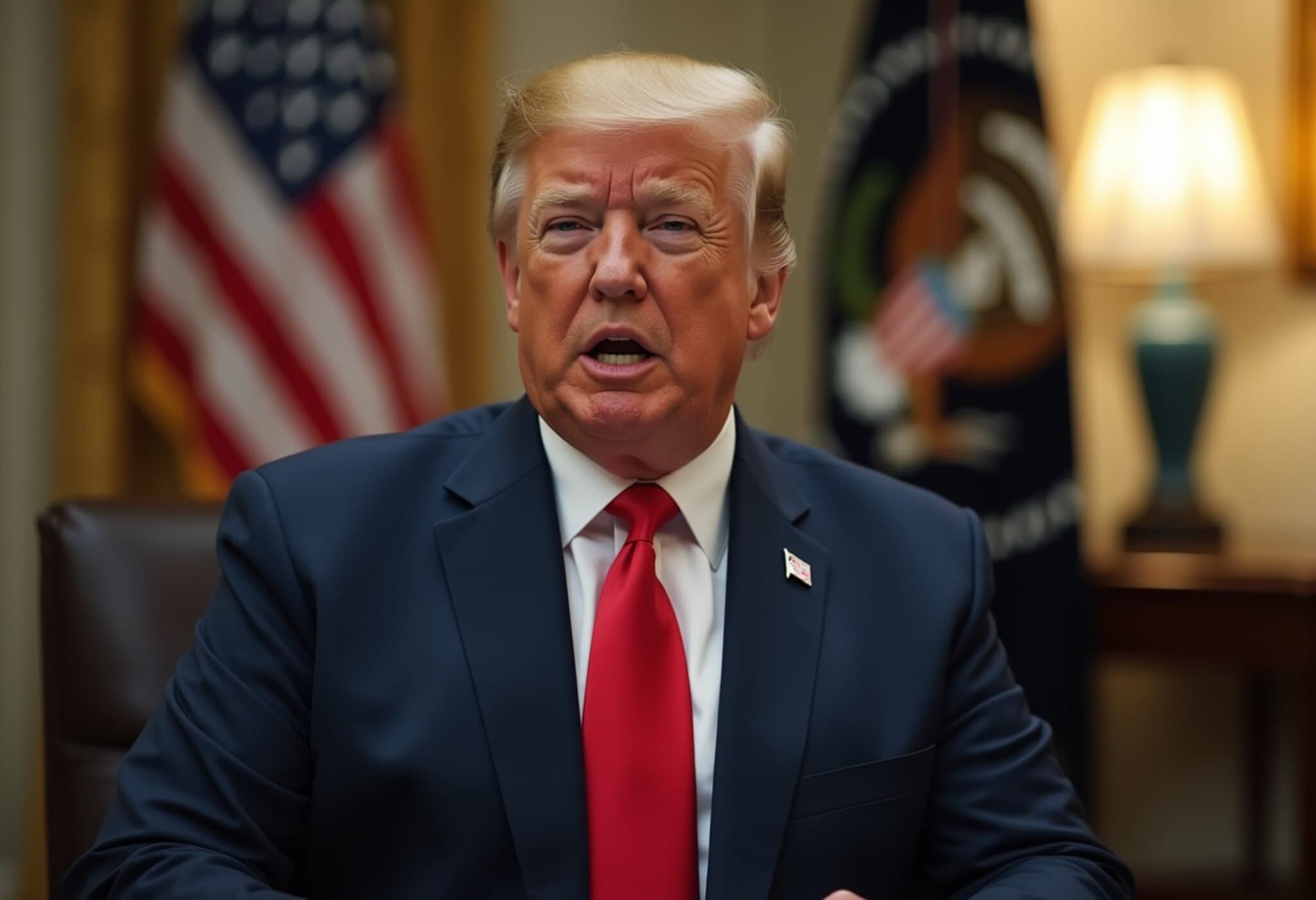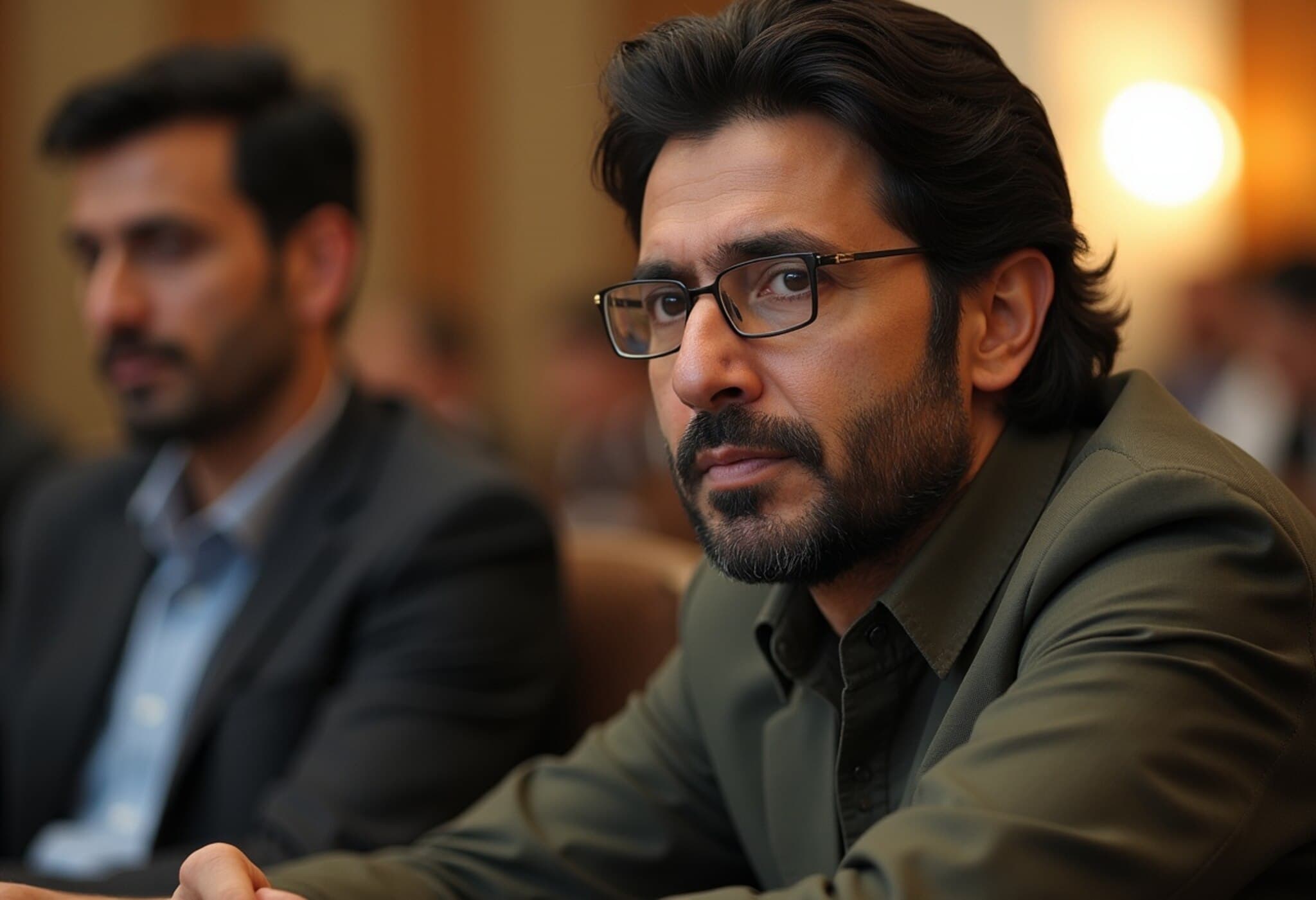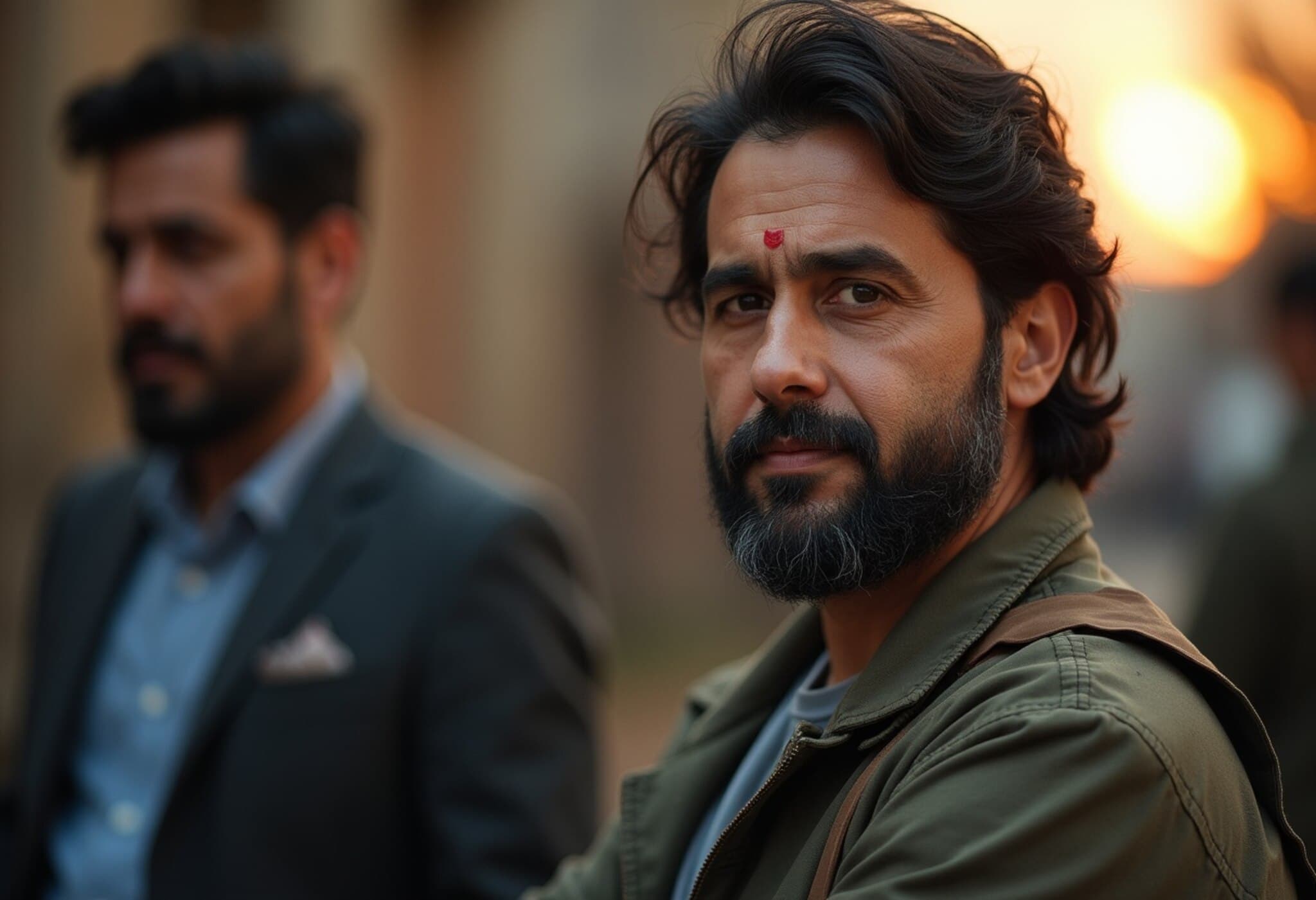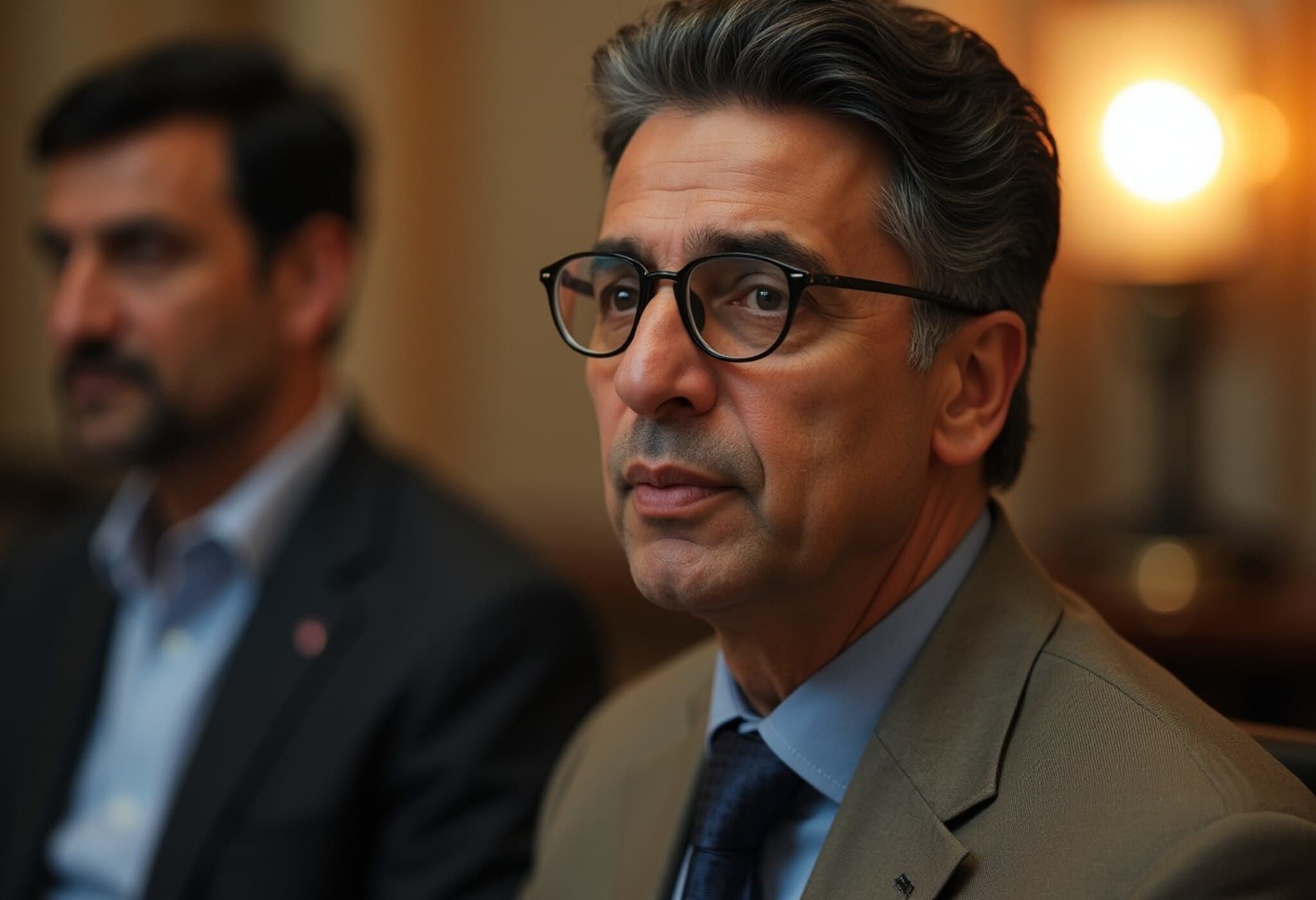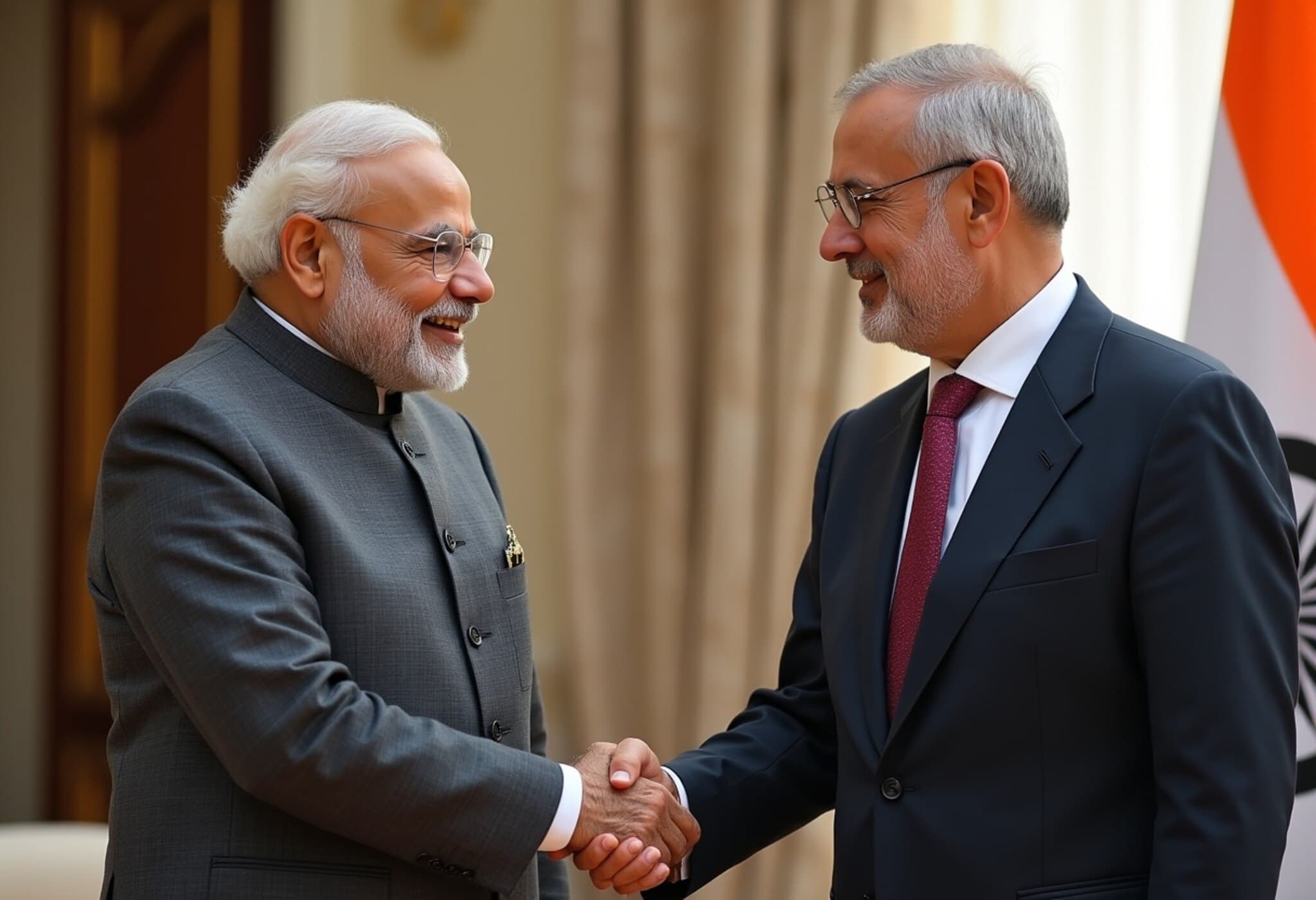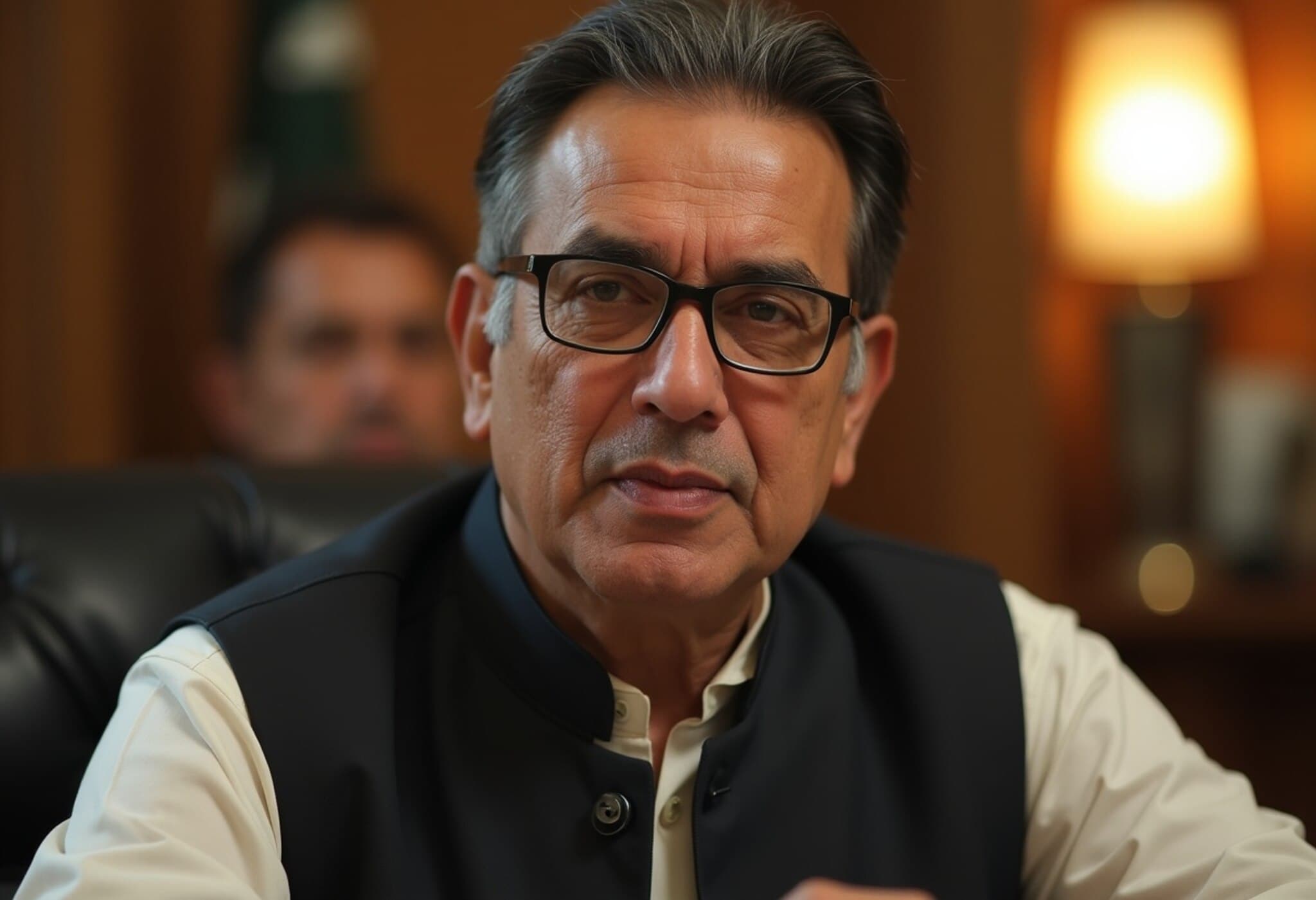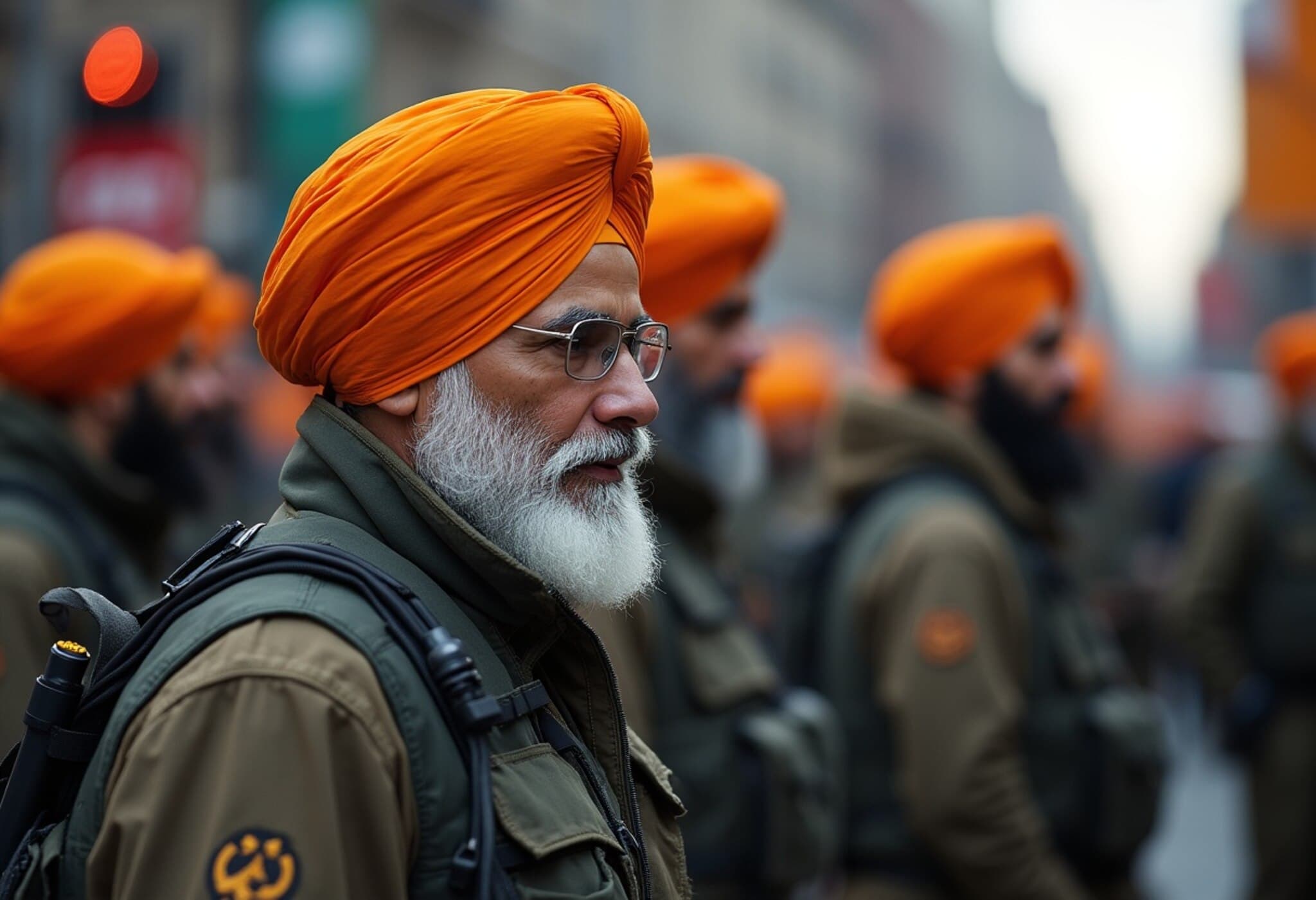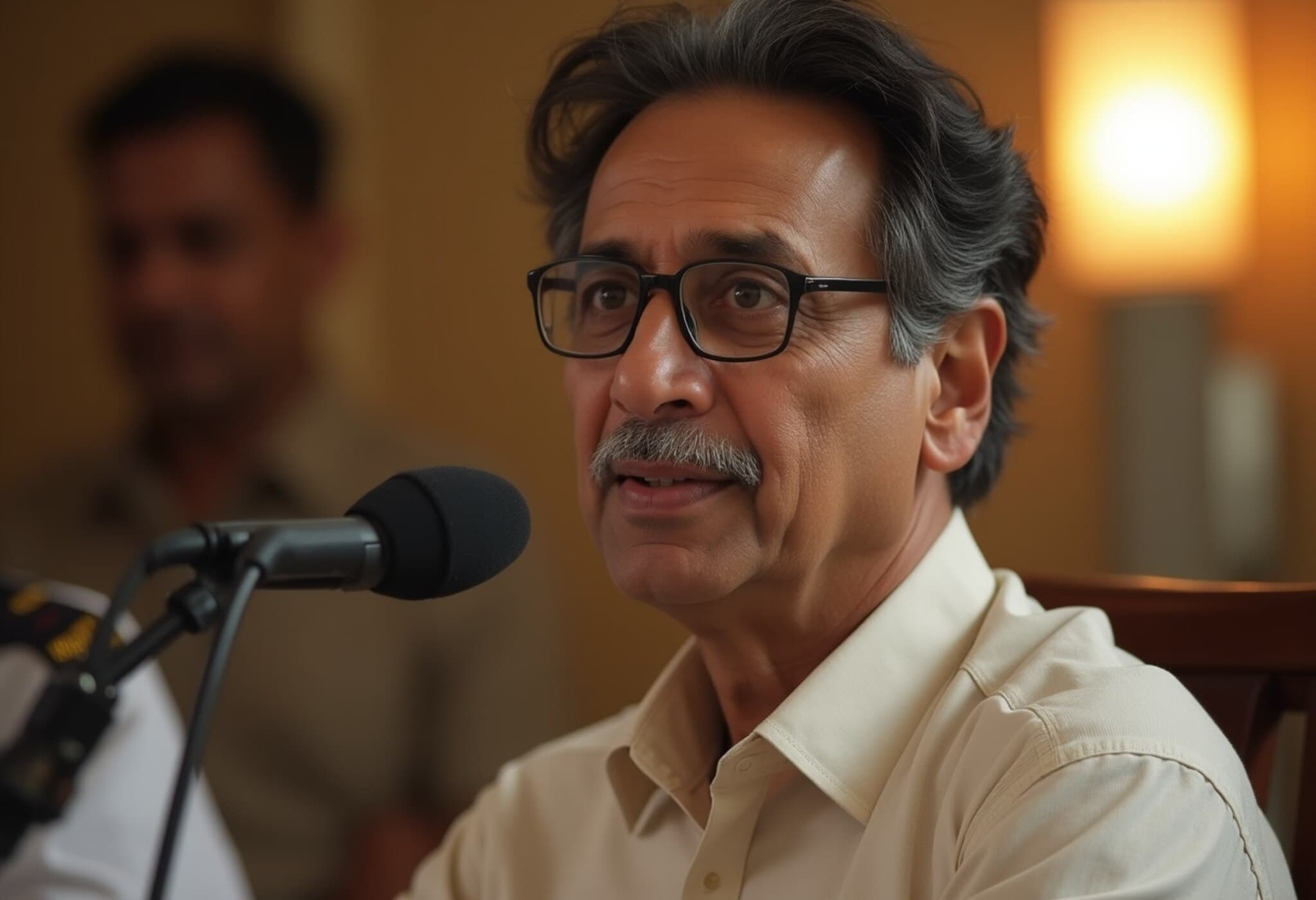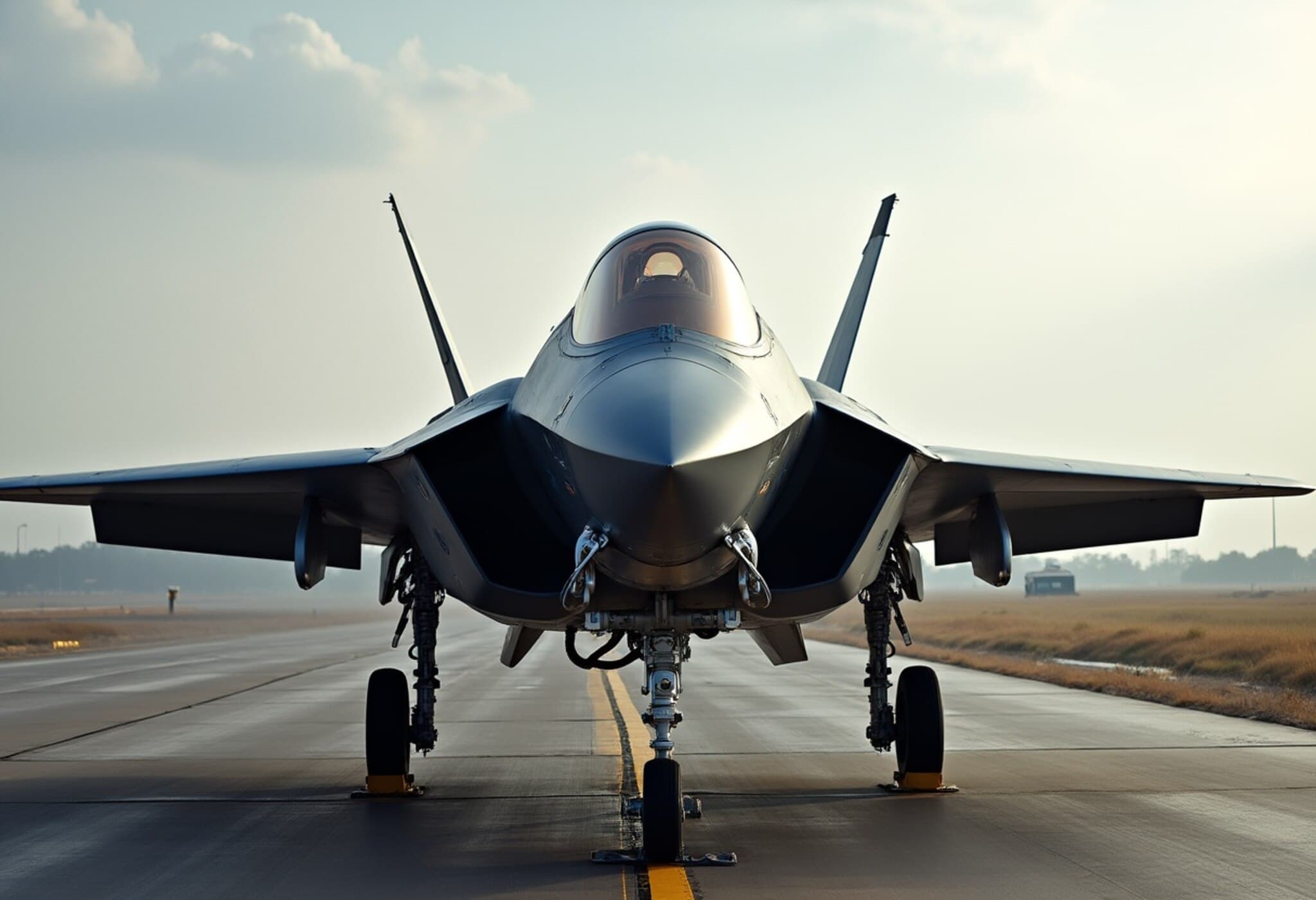Pakistan Signals Willingness to Extradite Terror Suspects to India
In a recent statement that could mark a shift in India-Pakistan relations, Pakistan's former foreign minister and current Pakistan Peoples Party chairman, Bilawal Bhutto Zardari, expressed openness to handing over terror suspects, including Hafiz Saeed and Masood Azhar, to Indian authorities. However, he emphasized that such extraditions hinge on India's cooperation, mainly in providing evidence and arranging witnesses for ongoing trials within Pakistan.
Goodwill Gesture Amid Complex Diplomatic Ties
Bhutto communicated this stance during an interview, highlighting the possibility of incorporating this initiative as part of a comprehensive dialogue between India and Pakistan. Terrorism, he suggested, should be a central subject of discussion between the two nations.
“If India is willing to be cooperative in providing necessary support like witnesses for trials, I believe there will be no obstacle to extraditing individuals of concern,” he remarked, signaling a gesture of goodwill from Islamabad's side.
India’s Records and Pakistan’s Response
India has consistently maintained that it has supplied extensive evidence implicating terror outfits based in Pakistan, notably following the 2008 Mumbai attacks. Over a thousand dossiers containing detailed proof were sent to Pakistan, which India claims have largely been met with bureaucratic delays and lack of substantive action.
According to Pakistan's National Counter Terrorism Authority (NACTA), groups such as Lashkar-e-Taiba (LeT) and Jaish-e-Mohammad (JeM) are officially banned. Hafiz Saeed, identified as the mastermind behind the 26/11 attacks, is currently serving a 33-year prison sentence on terror financing charges in Pakistan.
Clarifying the Status of High-Profile Terror Figures
Addressing queries about Masood Azhar’s whereabouts, Bilawal Bhutto stated, “We believe he is in Afghanistan. Pakistan has not been able to locate or arrest him yet.” He further assured that should credible intelligence arise placing Azhar on Pakistani soil, Islamabad would promptly act.
Countering claims that Hafiz Saeed roams free, Bhutto insisted, “It is factually incorrect to say he is at large; he remains in Pakistani custody.”
Warnings over Rising Tensions
Bilawal also voiced concern over India's increasingly assertive stance on cross-border terrorism, terming it a “new abnormal” that risks destabilizing bilateral relations. He warned that escalating rhetoric and policies could backfire, harming the interests of both countries.
The Road Ahead: Cooperation or Continued Friction?
- Bhutto advocates for renewed dialogue that thoroughly addresses terrorism alongside other pressing issues.
- Extradition discussions depend on mutual legal cooperation, including witness availability and evidence sharing.
- Trust-building measures could pave the way for substantive progress in counterterrorism efforts between the two neighbors.
While skepticism remains on both sides regarding past failures to act decisively, this statement by a prominent Pakistani leader introduces a glimmer of potential breakthrough if backed by consistent follow-through.

